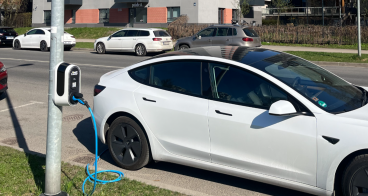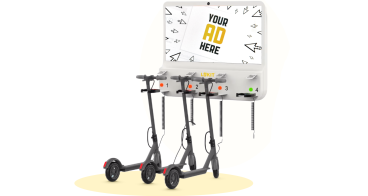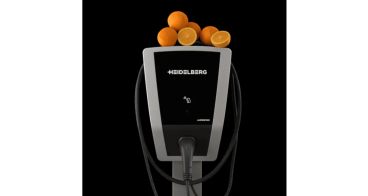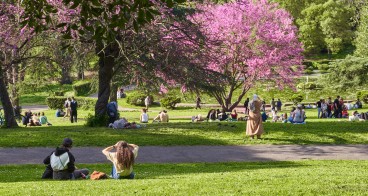Smart Urban Infrastructure: Transforming Public Spaces and Transportation
The quality of urban elements greatly influences the overall life quality and well-being of city dwellers. However, traditional urban planning approaches often fall short in meeting these demands. This article explores how innovative solutions, particularly smart urban infrastructure and furniture, can revolutionise public spaces and transportation, making them more sustainable and appealing to residents. Additionally, we will delve into the integration of renewable energy sources to power these smart elements, using SEEDiA's recent implementation in Moldova as a prime example.
Urban planning faces various challenges that limit the life quality in cities. Some of the major issues include:
- Inadequate infrastructure: insufficient or poorly maintained public spaces and transportation infrastructure can hinder accessibility, convenience, and overall satisfaction for residents.
- Pollution and environmental impact: traditional infrastructure and outdated systems contribute to pollution, noise, and negative environmental effects, thereby affecting air quality and the well-being of urban populations.
- Lack of amenities and user comfort: Public spaces often lack amenities and facilities that enhance user comfort and convenience, resulting in unattractive environments that discourage social interaction and community engagement.
Smart urban infrastructure: enhancing sustainability and attractiveness
Smart urban infrastructure harnesses the power of technology to overcome these challenges and create sustainable, attractive public spaces and transport systems. By integrating cutting-edge technologies and innovative design, cities can benefit from the following improvements:
- Energy efficiency: smart furniture incorporates energy-efficient lighting systems, such as motion sensors and adaptive lighting controls, to minimise energy waste and reduce costs.
- Intelligent amenities: smart benches and bus stops equipped with USB charging ports, wireless chargers, and WiFi hotspots enhance user convenience and comfort, making public spaces more appealing to residents and visitors.
- Environmental monitoring: integration of air quality and noise sensors enables cities to monitor pollution levels and take proactive measures to improve the environment. Real-time data helps authorities make informed decisions to address local challenges effectively.
- Automation and data management: smart urban infrastructure allows for the automation of scheduling, public information management, and monitoring of real-time data. This streamlines operations, enhances efficiency, and ensures prompt responses to the needs of residents.
Renewable energy integration: powering the smart elements
To achieve true sustainability, it is crucial to power smart urban infrastructure using renewable energy sources. By utilising renewable energy, such as solar power, cities can reduce their carbon footprint and enhance the reliability of energy supply. SEEDiA, a Polish company, has demonstrated this concept with their recent implementation in Moldova.
SEEDiA, through the Polish Challenge Fund, successfully deployed a fully energy-independent solar canopy in Stefan Voda, Moldova. This innovative installation utilises solar panels and batteries to achieve a 100% reduction in energy costs compared to traditional bus stops. The intelligent lighting system conserves energy by adjusting light intensity when the bus stop is unoccupied, further reducing energy consumption.
Moreover, SEEDiA's implementation includes multifunctional benches with USB charging ports and wireless chargers, creating a convenient and comfortable environment for travellers. The integration of air quality and noise sensors enables the city to monitor environmental conditions, fostering healthier and more sustainable living spaces.
SEEDiA's implementation also features a rainwater collection gutter and a 1000-liter rain garden, which effectively retains and stores water. This sustainable solution reduces air temperature and improves air quality by decreasing the number of dust particles in the air.
Smart urban infrastructure and furniture play a pivotal role in transforming public spaces and transportation. If you want to learn more about SEEDiA's offerings, download the catalogue of smart furniture products in the shared files section below.






